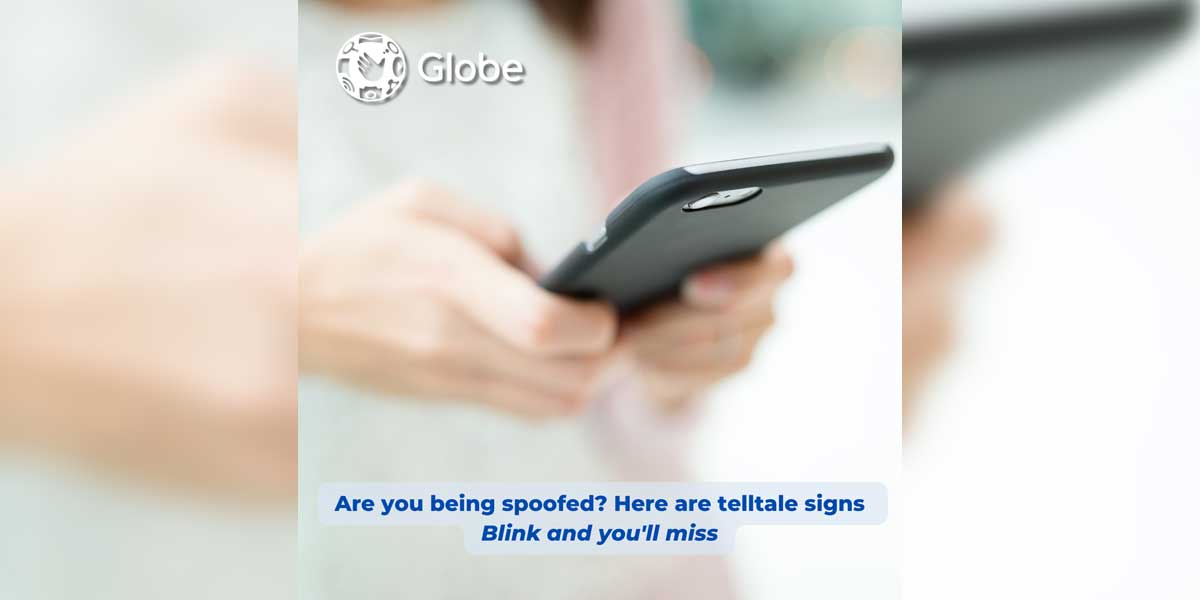By Klaus Döring
“Leave Me Alone” is a song by American recording artist Michael Jackson from his seventh studio album, Bad (1987). It was released as the eighth single outside of North America on February 13, 1989 and appears only on the CD and 2001 cassette editions of Bad. It was written and composed by Jackson and produced by Jackson and Quincy Jones.
“Leave Me Alone” topped the charts in Greece, the Republic of Ireland, and Spain (in 2006), and peaked within the top ten of the charts in Belgium, New Zealand, Spain (upon its original release), and the United Kingdom. “Leave Me Alone” was generally well received by critics. In the music video, Jackson pokes fun at the rumors about him. The video was the recipient of a Grammy Award in 1990 for Best Music Video. The song was never performed on any of Jackson’s tours.
Leave me alone! Give me a break! I can be a reluctant socialiser. Or should I better say I could. I got restless a few hours into a hangout. Maybe, I would not be invited any more. Or not so often… . I even once went on a free 10-day silent meditation retreat – not for the meditation, but for the silence. No matter if staying in the Philippines, in Germany or somewhere else.
So I can relate to author Anneli Rufus, who recounted in Party of One: The Loners’ Manifesto: “When parents on TV shows punished their kids by ordering them to go to their rooms, I was confused. I loved my room. Being there behind a locked door was a treat. To me a punishment was being ordered to play Yahtzee with my cousin Louis.” Being a little boy, “my room” was really my castle.
Wanting to be alone: social tendencies like these are often far from ideal. Abundant research shows the harms of social isolation, considered a serious public health problem in countries that have rapidly ageing populations (though talk of a ‘loneliness epidemic’ may be overblown). In the UK, the Royal College of General Practitioners says that loneliness has the same risk level for premature death as diabetes. Strong social connections are important for cognitive functioning, motor function and a smoothly running immune system.
This is especially clear from cases of extreme social isolation. Examples of people kept in captivity, children kept isolated in abusive orphanages, and prisoners kept in solitary confinement all show how prolonged solitude can lead to hallucinations and other forms of mental instability.
But these are severe and involuntary cases of aloneness. For those of us who just prefer plenty of alone time, emerging research suggests some good news: there are upsides to being reclusive – for both our work lives and our emotional well-being.
Social anxiety (please check out my previous columns here!) is the single most common psychological problem according to innumerable survey results worldwide. The magnificent, gorgeous and excellent isolation, resulting from being nervous when meeting people is really the opposite. The state of being isolated reminds me of being in a hospital with an infectious disease. Easy to say nowadays … .
A recent vindication of these ideas came from University at Buffalo psychologist Julie Bowker, who researches social withdrawal. Social withdrawal usually is categorised into three types: shyness caused by fear or anxiety; avoidance, from a dislike of socialising; and unsociability, from a preference for solitude.
There is gender and cultural variation, of course. For instance, some research suggests that unsociable children in China have more interpersonal and academic problems than unsociable kids in the West. Bowker says that these differences are narrowing as the world becomes more globalized.
Still, it turns out that solitude is important for more than creativity. Since ancient times, meanwhile, people have been aware of a link between isolation and mental focus. After all, cultures with traditions of religious hermits believe that solitude is important for enlightenment.
Recent research has given us a better understanding of why. One benefit of unsociability is the brain’s state of active mental rest, which goes hand-in-hand with the stillness of being alone. When another person is present, your brain can’t help but pay some attention. This can be a positive distraction. But it’s still a distraction.
Daydreaming in the absence of such distractions activates the brain’s default-mode network. Among other functions, this network helps to consolidate memory and understand others’ emotions. Giving free rein to a wandering mind not only helps with focus in the long term but strengthens your sense of both yourself and others. Paradoxically, therefore, periods of solitude actually help when it comes time to socialise once more. And the occasional absence of focus ultimately helps concentration in the long run.
I learned, if your personality tends toward un-sociability, you shouldn’t feel the need to change. Of course, that comes with caveats. But as long as you have regular social contact, you are choosing solitude rather than being forced into it, you have at least a few good friends and your solitude is good for your well-being or productivity, there’s no point agonizing over how to fit a square personality into a round hole.
So feel free to de-clutter your social calendar.
+++
Email: doringklaus@gmail.com or follow me on Facebook, Twitter or LinkedIn or visit www.germanexpatinthephilippines.blogspot.com or www.klausdoringsclassicalmusic.blogspot.com .




















